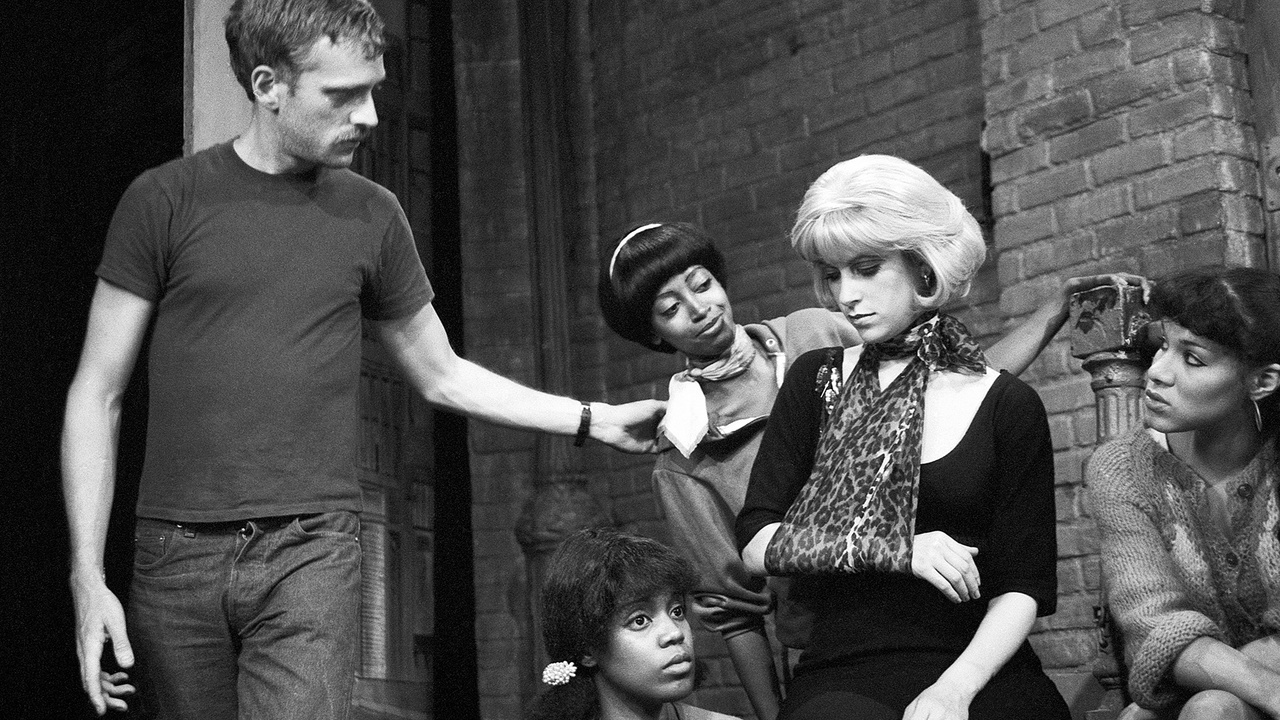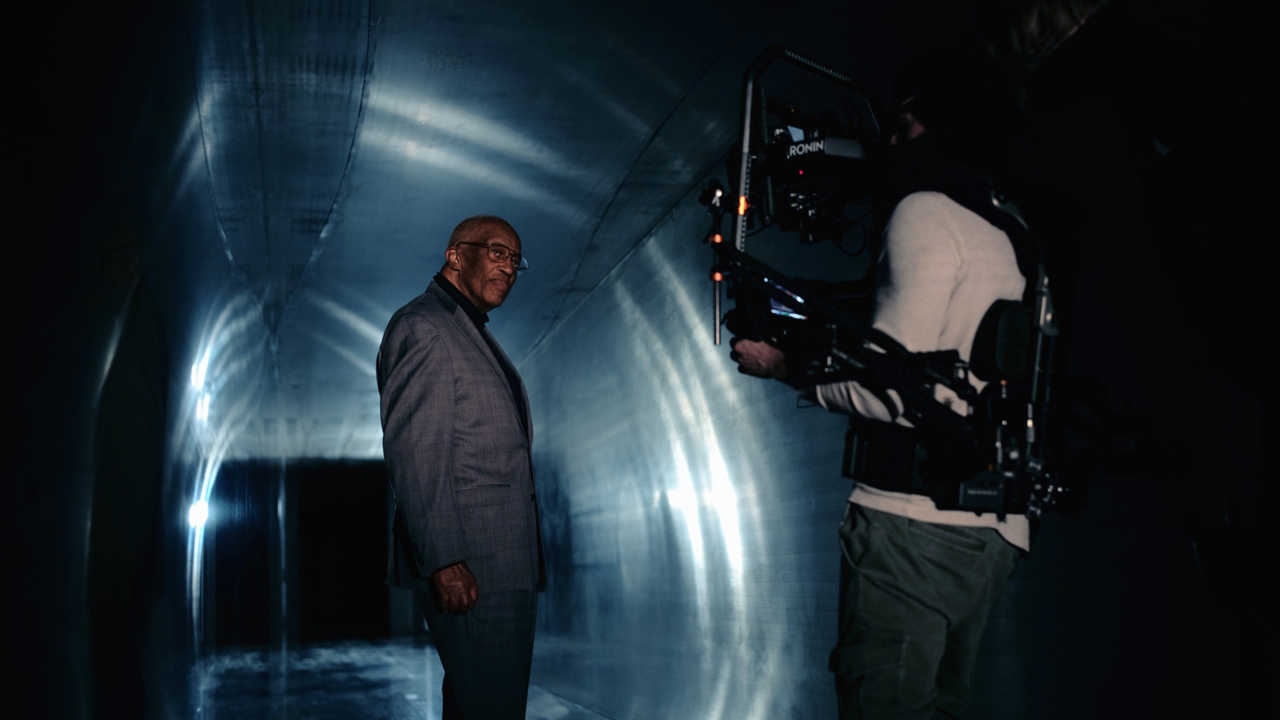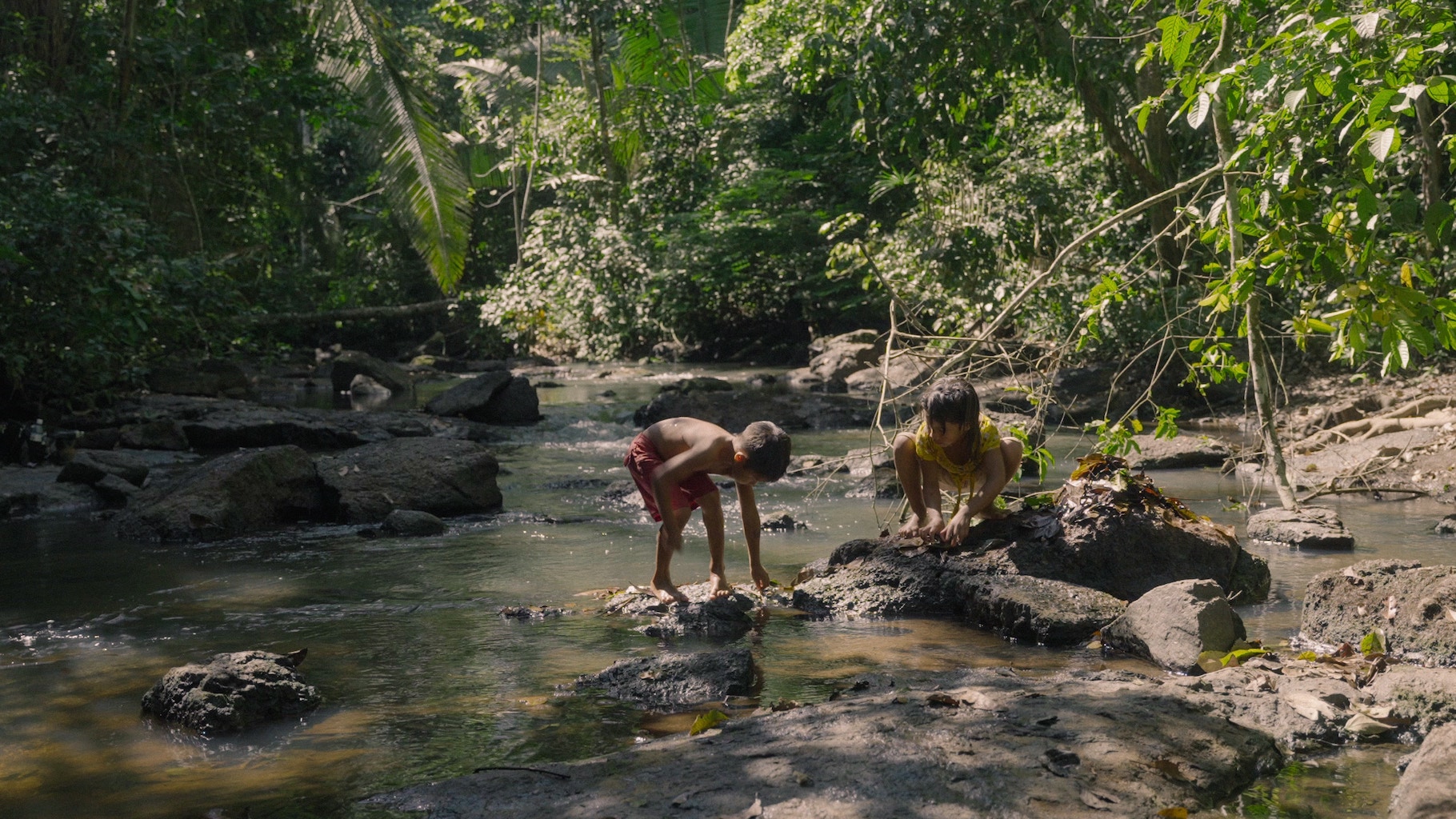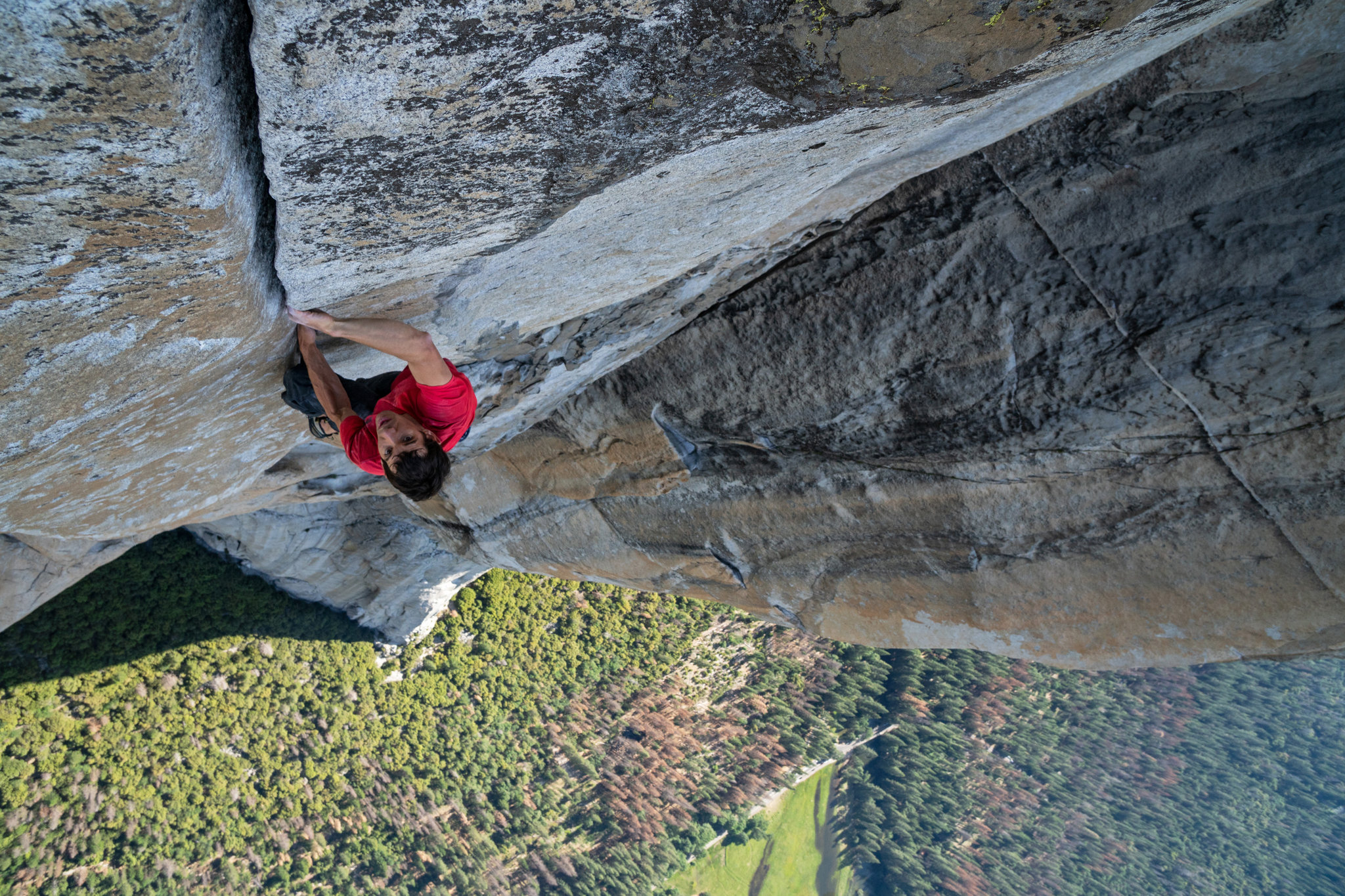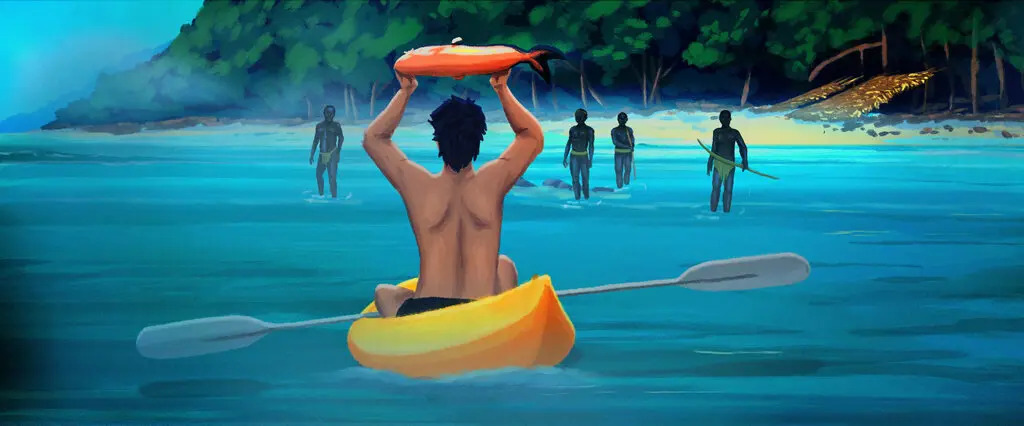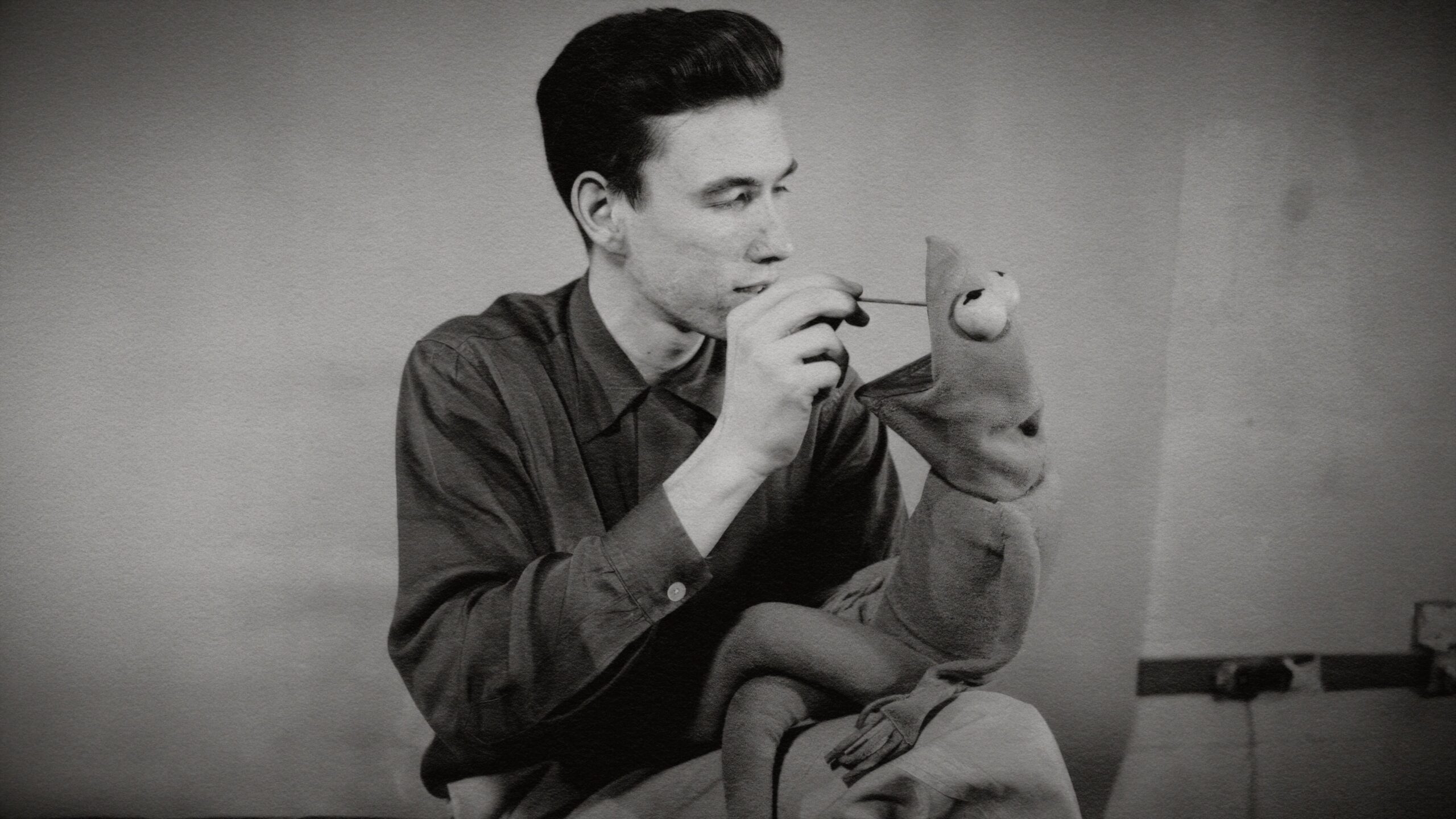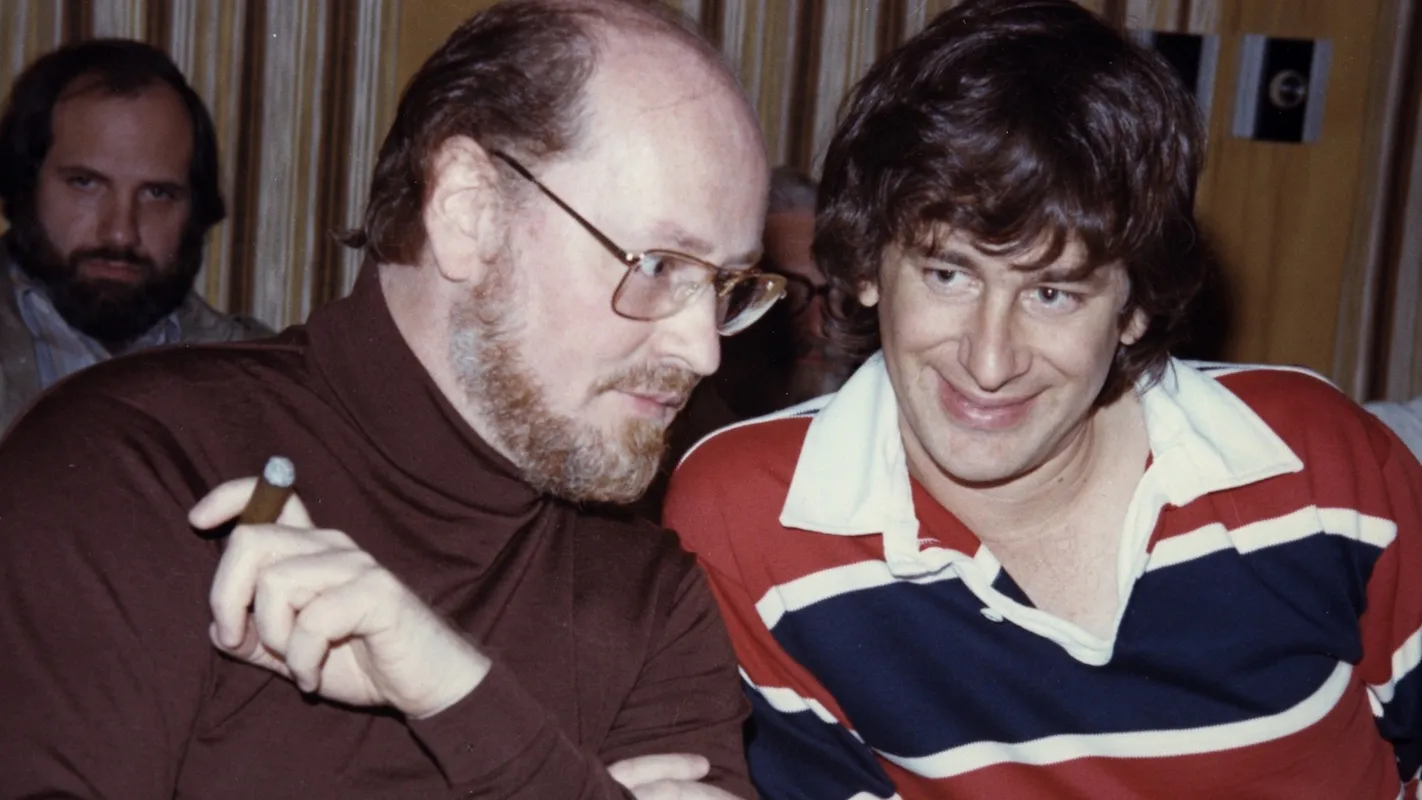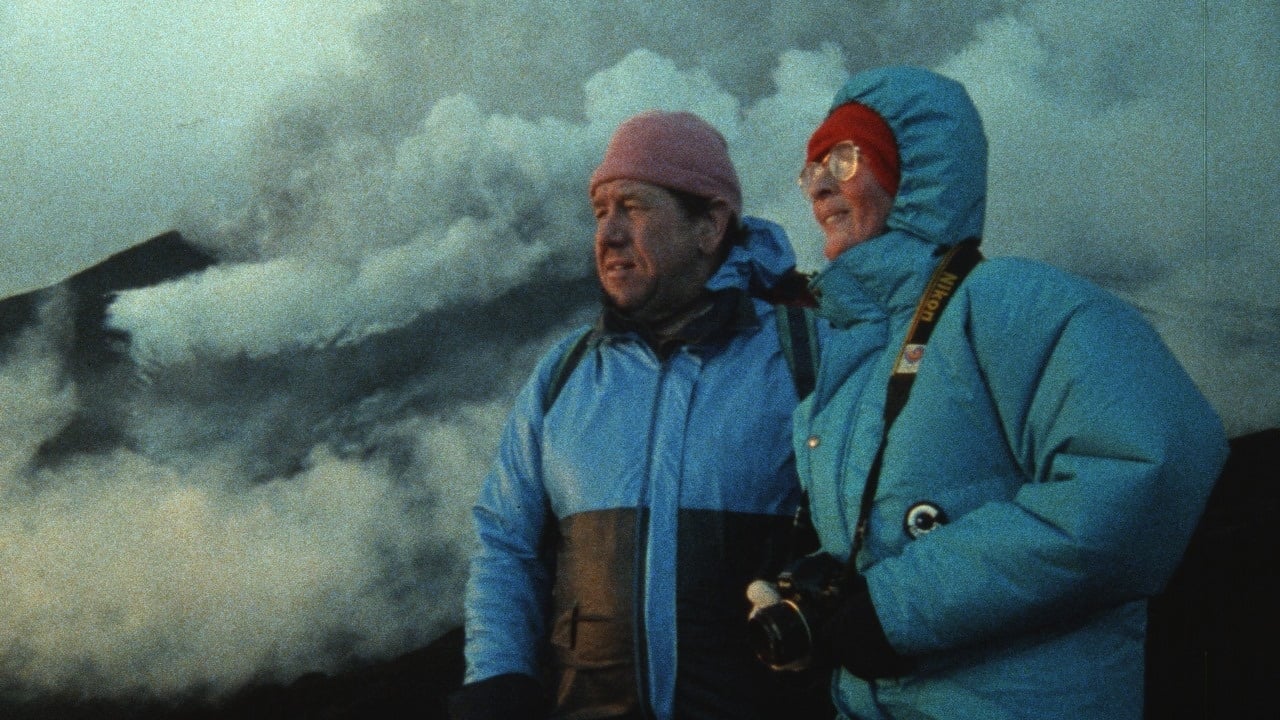10 Best Documentaries on Disney Plus
Disney Plus is best known for being the streaming home of major franchises like Marvel and Star Wars, as well as prolific studios like Pixar, but did you know it also has a wide range of documentaries? Disney subsidiary National Geographic alone regularly puts out adventure-seeking and historical documentaries (including the Oscar-winning The Rescue and Summer of Soul), but Disney itself is also in the business of producing non-fiction content, many of them musical profiles of popstars, even others about small-time people making far-reaching change. All in all, they all carry that Disney aim to inspire, educate, and be as family-friendly as possible. So if you’re wondering what to put on, here is a simple guide to the very best documentaries you’ll find on Disney Plus right now.
Everything about Sugarcane is arresting, whether it’s the epic shots of the sweeping reservation (“Canada is our land,” one native announces), the emotional moments shared by survivors of the abusive residential schools, or the damning discoveries they find in an investigation into the Catholic priests. Every second of it is sure to shock and infuriate. Not everything is tragic though. There are slivers of hope, especially from the independently assembled team leading the investigation. The police are apathetic and the suspects are evasive, but despite the deep trauma, pain, and violence the community of Sugarcane has gone through, they persist.
Howard Ashman was at the peak of his career—fresh off Little Mermaid’s sweeping win at the Grammys and Oscars, and concocting the iconic songs that would make up Aladdin and Beauty and the Beast—when he died of AIDS at 40. But even at that relatively young age, Ashman already had a lifetime’s worth of work to show. Howard, the documentary, gives us a glimpse into Howard’s inner and early life, starting with his fanciful and imaginative childhood, all the way down to his formative college years, his foundational work in “off, off” Broadway, and the breakout success of The Little Shop of Horrors the Musical. Disney isn’t the whole picture, the documentary rightfully proclaims, so in between the abovementioned highlights, director Don Hahn inserts pockets of heartwarming anecdotes from Howard’s friends and family, and some of Howard’s own wise words from interview snippets. It’s clear Hahn was a good friend of Ashman, since the documentary often feels like a warm get-together of the people who knew and loved Ashman best.
Like many American narratives, the history of space exploration is rife with long-buried secrets that are finally coming to the surface. The Space Race is an attempt to collect those secrets and weave a fresh new history that finally celebrates the heroes we should’ve learned about years ago. There are interviews with the likes of space pioneer Ed Dwight (who is responsible for unforgettable lines like “I’m not part of history, but a mystery” and “I had the capability, but not the opportunity) and the first Black man to fly into space, Guion Bluford, as well as surprising information about confidential test pilots, political involvement, and the undeniable influence of Afrofuturistic art and media in the field.
But education aside, what gives the documentary an edge is that it’s not afraid to question and at times attack NASA and the government for their racist past. We see celebrated astronaut Victor Glover reconcile his loyalty to his nation with his anger over the murder of George Floyd, for instance. At the same time, others like Dwight wanted to “just talk about space, not the struggle” but were tokenized both by the government and the opposition for their gains. Despite its compact run time, The Space Race covers all these nuances and more to provide a richly detailed and lovingly told new history of space exploration in America.
Surprisingly dramatic for a documentary but without exoticizing its central characters for a privileged audience, The Territory is that rare film that rightfully portrays indigenous peoples as living firmly in the present. In their continuing struggle to protect their land and culture, the Uru-eu-wau-wau people of the Amazon may be vulnerable, but they aren’t helpless. They’re organized, have access to technology, and know exactly how they want to represent themselves—armed with bows and arrows and defending what’s theirs in beautiful, thrilling footage. In this way, even as The Territory ultimately touches on issues that have affected all of Brazil, namely the destructive effects of Jair Bolsonaro’s presidency, it still feels like a documentary co-authored by these indigenous people themselves.
Alex Honnold might not be the most relatable guy ever, but his obsession with free solo climbing and his single-minded approach to life makes him so interesting. He’s precisely the type of person that chooses to follow his goals, at the expense of everything else. To a certain extent, he has to be — without whole-hearted commitment to the sport, he could literally die. It’s no wonder someone decided to document his climb of Yosemite’s El Capitan wall—a wall that’s 3,000 feet high and hasn’t been free-climbed alone before. The journey is visually stunning and a technical marvel in and of itself. However, what’s most memorable about this film is the character study of Honnold: he has an indescribable instinct that outsiders could only call a death wish. His emotional detachment might make this a frustrating film to watch, but Free Solo serves as a unique portrait of a man who spits at the face of death.
In this documentary about John Allen Chau — the American Christian missionary reportedly killed when he tried to preach the Gospel to one of the last uncontacted groups in the world — a participant muses about the “fine line between faith and madness.” The hazy border where one ends and the other begins is the focus of this doc, and it makes for a fascinating challenge of audience’s open-mindedness.
The film presents Chau’s perspective through scattered interviews with friends and readings of the diary he left behind, but it also features interviews with surviving, persistent adherents of the same radical evangelicalism that inspired Chau to preach the Gospel to the North Sentinelese people (something he believed was a prerequisite for the Second Coming of Jesus). The filmmakers treat these highly controversial perspectives with a light touch, never explicitly challenging Chau’s peers, but strong balance is provided via the voices of vehement opponents of this ideology. Providing equal weighting to both sides is an unusually hands-off approach, one that might easily be misread as tacit approval from the filmmakers. Ultimately, though, anyone watching this with an open mind will still come to the same moral conclusion — you’ll just be better informed about it.
It’s hard not to be enchanted by Henson’s furtively creative world, which here is charmingly sectioned into nostalgic archival footage, stop motion art, and clips of Henson’s own experimental films early in his career. Those unfamiliar with Henson might think his story is simply the history of the Muppets and Sesame Street (though even then it would be a full one), but Henson has plenty of other creations too. He’s part of a line of chronically dissatisfied artists who are constantly reinventing and restlessly one-upping themselves, which is why his work evolved into early CGI, as well as The Dark Crystal franchise and films like Labyrinth. This lovingly told documentary tries to match Henson’s heart and creativity, while also showing the darker aspects of his life, such as the effect his nonstop artistry had on his family and health.
Few lived a life as extraordinary as the late Jane Goodall had, and even fewer are captured with such tenderness as this 2017 documentary. Of course, that’s partially because of the material. This film came about when Nat Geo unearthed around 140 hours of lost footage from wildlife photographer Hugo van Lawick, who shot Goodall’s expeditions after intense scientific scrutiny over her observations and methods. But what makes this film compelling is the way director Brett Morgen pieces together that footage. As Goodall fell deeper in love studying chimpanzees, Morgen pairs this devotion with the glimpses van Lawick captured as he and Goodall were falling in love with each other. So even without the insistent score, it’s easy to get swept by Jane’s passion and the confident way she set forth towards her calling.
Before this documentary, I didn’t have the faintest clue that the formative films of my childhood—Star Wars, Superman, Indiana Jones, ET, and Harry Potter, to name a few—were scored by one man: John Williams. This film is a loving tribute to Williams, who at 92, is still as lively as ever as he shares how he stumbled into Hollywood and found his calling as the definitive movie composer. It features interviews with frequent collaborators like Steven Spielberg and Yoyo Ma and fans like Chris Martin and Seth MacFarlane, but it’s truly Williams’ music that makes watching this a special experience. As soon as you hear the chilling first notes of Jaws, the brash opening of Star Wars, and the melodic strings of Jurassic Park, you’re hooked. Then Williams, often along with the directors, go on and recount how those came to be, and you find yourself seated, eyes wide with wonder.
Fire of Love is a documentary that follows Maurice and Katia Krafft, a scientist couple who’ve dedicated their entire professional lives to studying (and marveling at) volcanoes. The two met at university and have been inseparable ever since, chasing explosions around the world until their death at the Mount Unzen eruption in 1991.
The fiery passion the title refers to is as much about Maurice and Katia as it is about their dedication to volcanoes. Like any love story, it tracks how they were first wonderstruck by the formation and how that awe shaped their lives and led them to each other, as well as how they came to discover hard truths about it and dealt with the heartbreak that soon followed.
Combining the breathtaking footage the couple left behind with lovely writing and artful animation, director Sara Dosa creates a moving documentary about passion, adventure, and the world itself.



